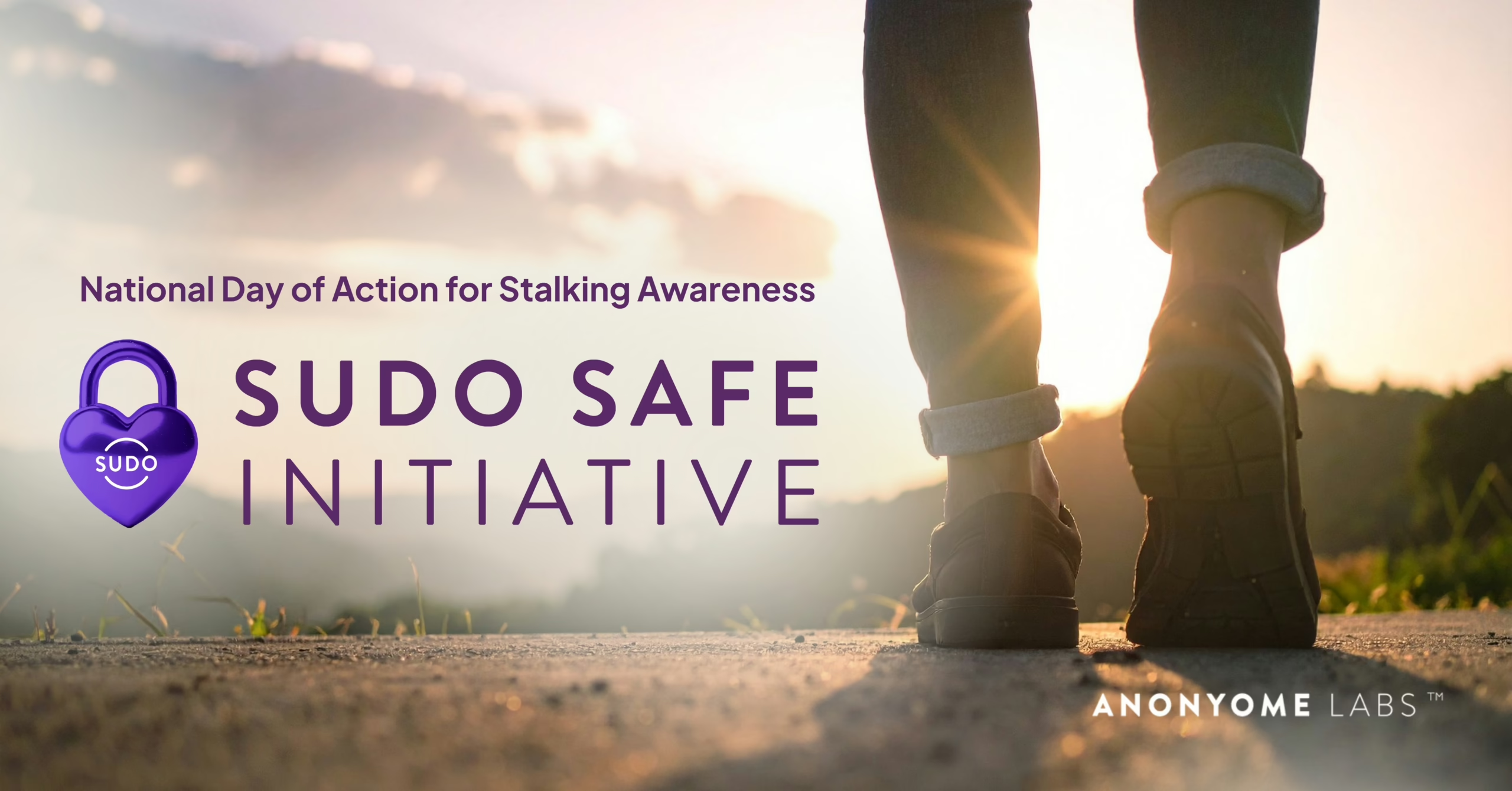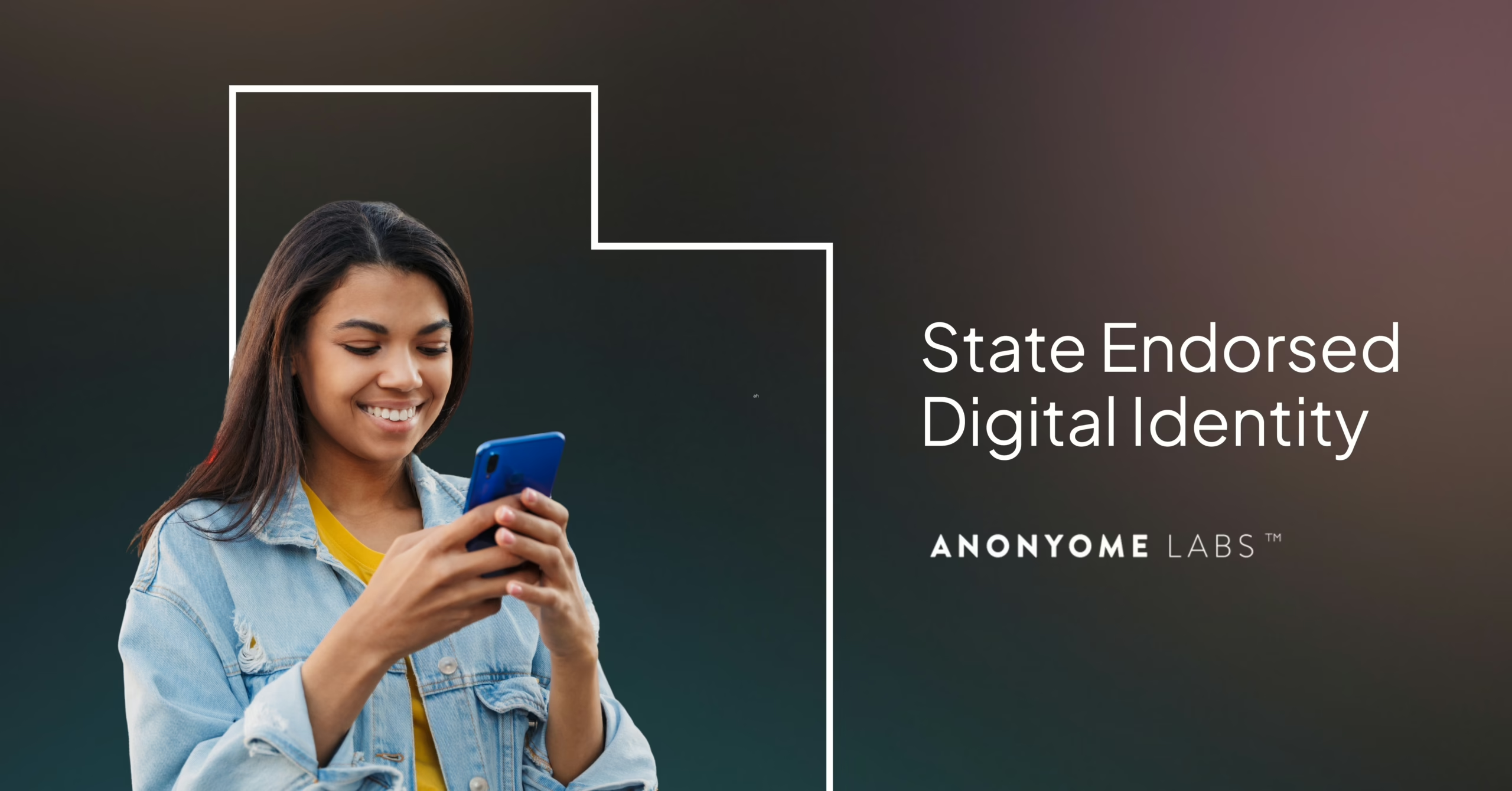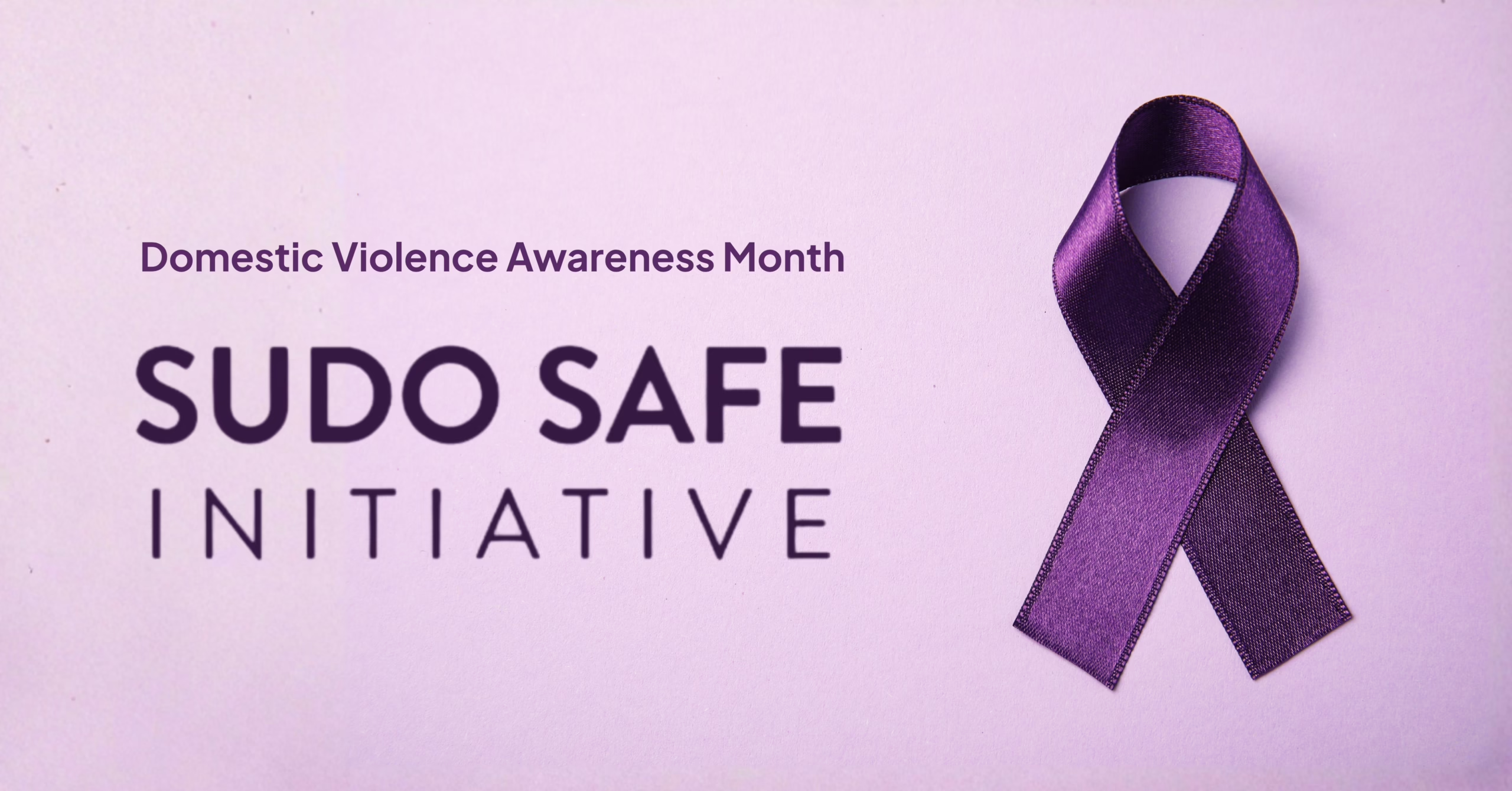You may have heard the buzzwords lately—Microcredentials, open badges 3.0, verifiable credentials. It can be overwhelming to say the least.
But the world of credentialing is moving into higher education and you don’t want your institution left behind, so here is your full guide on verifiable credentials (VC) in education.
What Are Verifiable Credentials for Higher Education?
In higher education, verifiable credentials are secure, digital representations of academic achievements and identity-based records.
Universities can issue VCs for:
- Diplomas
- Transcripts
- Course completions
- Student and Staff IDs
- Professional certifications
- And more
These credentials allow students to securely share their achievements with employers, boards, and other institutions without requiring manual verification from the university. By using cryptographic technology, VCs ensure authenticity, prevent fraud, and streamline the verification process, benefiting both students and the institutions that issue them.
Digital Credentials vs Verifiable Credentials
While the terms digital credentials and verifiable credentials are often used interchangeably, they have some major different in terms of security, verification, and ownership.
Digital Credentials: Basic Digital Records
Digital credentials refer to any electronic version of a traditional credential, such as a PDF diploma, an email confirmation of course completion, or a student ID stored in a university portal.
While convenient, these credentials:
- Lack built-in verification (Employers or institutions must manually verify their authenticity)
- Are easy to forge (PDFs and digital images can be edited or manipulated)
- Rely on central databases (Universities must store and confirm credentials, requiring ongoing administrative work)
Verifiable Credentials: Secure & Tamper-Proof
Verifiable credentials (VCs) are a more advanced, fraud-resistant version of digital credentials. They are issued using cryptographic security, making them tamper-proof, instantly verifiable, and privacy-focused.
Unlike basic digital credentials, VCs:
- Are instantly verifiable (Employers and institutions can check authenticity without contacting the issuing university)
- Can’t be altered or forged (Cryptographic signatures ensure credentials remain unchanged)
- Are decentralized (Students own and control their credentials, eliminating reliance on a central database)
VCs provide increased trust and efficiency for all parties involved.
For universities, this means fewer manual transcript requests, fewer third-party verification costs, and reduced administrative burden.
For students and alumni, it means the ability to prove academic achievement anytime, anywhere—with no delays, paperwork, or middlemen.
Because verifiable credentials are built on privacy-by-design principles, they also limit data exposure. Students share only what’s necessary—such as verifying enrollment status or degree completion—without revealing full personal records. This selective disclosure is ideal for both data protection compliance (like GDPR) and enhancing student privacy.
Additionally, VCs are designed to be interoperable and future-ready. A credential issued by a university today can be used across platforms and systems tomorrow, supporting career transitions, further education, and international mobility.
Universities that issue verifiable credentials are positioning themselves as innovators, enhancing student success and streamlining operations with scalable, secure technology.
Why Universities Are Moving to Verifiable Credentials
Traditional credentials create inefficiencies and security risks, while verifiable credentials provide a future-proof, automated, and fraud-resistant way to issue academic records. By adopting VCs, universities can streamline verification, reduce costs, and enhance trust for students and employers alike.
But why are universities making this shift now?
1. Strengthening the University’s Reputation & Trust
Diploma fraud and fake credentials damage the credibility of academic institutions. By issuing verifiable, fraud-resistant credentials, universities reinforce their reputation as trusted, forward-thinking institutions. Employers and graduate programs can instantly verify a student’s qualifications, eliminating doubts about authenticity.
2. Creating a Better Student & Alumni Experience
Students and alumni frequently request transcripts, diplomas, and certificates for job applications, further education, or licensing. Verifiable credentials allow universities to provide these documents instantly—saving students time and reducing administrative burdens.
3. Reducing Administrative Costs & Workload
Traditional credential issuance and verification are time-consuming and expensive. Universities spend significant resources processing requests, verifying documents, and managing outdated systems. Verifiable credentials automate and streamline these processes, freeing up staff to focus on more strategic initiatives while cutting operational costs.
4. Enhancing Security & Regulatory Compliance
Data breaches and identity fraud pose serious risks to educational institutions. Verifiable credentials are privacy-first, encrypted, and compliant with global regulations like GDPR. Unlike centralized databases that are vulnerable to breaches, VCs allow students to control their own data, reducing the risk of unauthorized access.
5. Creating New Revenue Opportunities
Offering verifiable credentials as a premium service for alumni, employers, and continuing education programs opens new revenue streams for universities. Institutions can monetize digital credentialing services by charging for expedited verification, lifetime credential access, or industry-specific certifications.
6. Future-Proofing University Credentials
As industries shift toward digital identity ecosystems, universities that adopt verifiable credentials gain a competitive edge. By providing secure, portable, and instantly verifiable credentials, institutions establish themselves as leaders in innovation while meeting the evolving demands of employers, students, and regulatory bodies.
The Future of Academic Verification
Issuing verifiable credentials isn’t just about efficiency—it’s about enhancing security, improving the student experience, and strengthening institutional credibility. Universities that embrace this technology reduce costs, improve compliance, and create long-term value for students, alumni, and the broader education ecosystem.
Anonyome Labs makes it easy. We empower institutions to issue secure, tamper-proof verifiable credentials that enhance trust, streamline operations, and deliver a seamless student experience. Whether you’re modernizing your student ID system or enabling alumni to prove their degrees, we’ll help you build the future of digital trust—today.
Contact us to learn more or schedule a demo.



